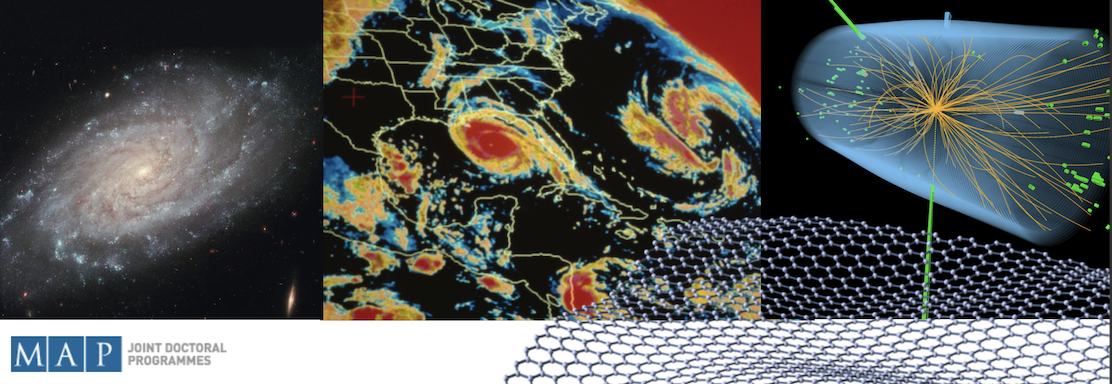Speaker
Description
In recent decades, Portugal has been increasingly impacted by large wildfires, responsible for socio-economic and ecological damages. This work aims to develop a framework to improve landscape resilience wildfire under a changing climate, the WRF-SFIRE coupled atmosphere-wildfire modelling system was employed. “Landcover data were mapped to NFFL fuel models using bioclimatic analysis, producing alternative landcover maps representing future climate conditions. High fire risk events obtained from future climate simulations were selected as a means of testing different assigned landcovers. The lack of potentially usable NFFL fuel models provided an opportunity to assess their performance by comparing them to the national Portuguese fuel models, created by landcover analysis within Portugal. In addition to diversifying the fuel model base information, the impact of the atmosphere-fire feedback via heat and mass flows from the surface burning in the atmosphere on fire spread and fire intensity was analyzed. Four medium sized wildfires (≤1000 ha) were selected from an historical wildfire database for testing, and four simulations were carried out per wildfire, with atmosphere-fire feedback on and off for the NFFL fuel models and Portuguese fuel models. Simulations with atmospheric feedback enabled showed little differences in both burnt area and fire intensity for small to medium sized fires, with less burned area and intensity. Both fuel model systems showed disparities in the results greater than the disparities in the feedback simulations. For the NFFL fuel models total burned area was always overestimated whereas the Portuguese fuel models overestimated three and underestimated one wildfire burned area. Potential applicability of Portuguese fuel models has shown greater realism in comparison with the NFFL, underscoring the need to perform additional validation for larger wildfires, in which atmospheric feedback mechanisms are expected to be more emphasized.
| Which topic best fits your talk? | Climate and Environment |
|---|

